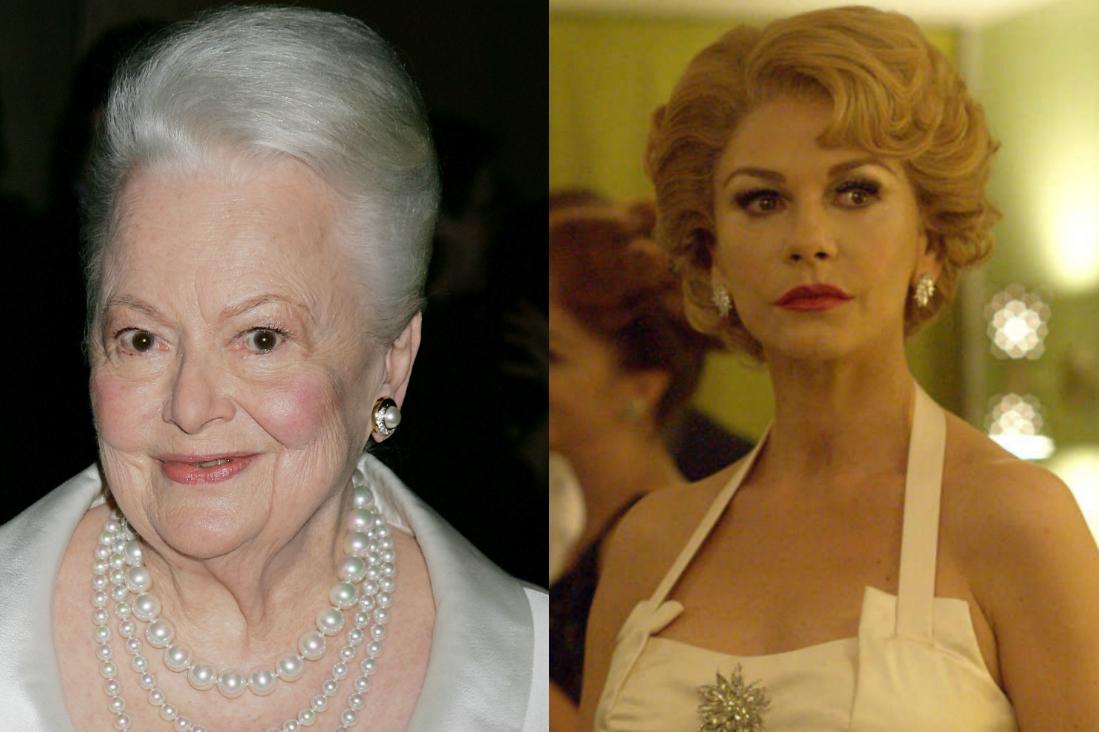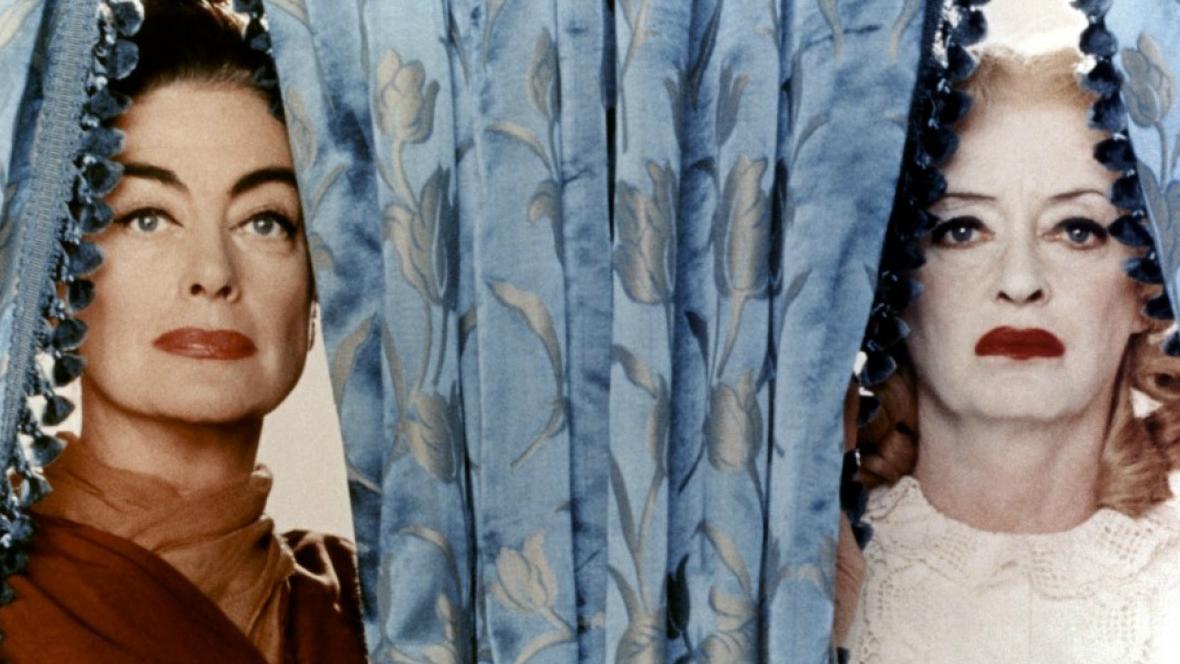Court denies Feud was offensive to 101-year-old actress Olivia de Havilland, saying 'it was wise, witty and glamorous'
The 101-year-old star claimed that her depiction on the show, played by Catherina Zeta-Jones, characterised her in a "false light"

Your support helps us to tell the story
From reproductive rights to climate change to Big Tech, The Independent is on the ground when the story is developing. Whether it's investigating the financials of Elon Musk's pro-Trump PAC or producing our latest documentary, 'The A Word', which shines a light on the American women fighting for reproductive rights, we know how important it is to parse out the facts from the messaging.
At such a critical moment in US history, we need reporters on the ground. Your donation allows us to keep sending journalists to speak to both sides of the story.
The Independent is trusted by Americans across the entire political spectrum. And unlike many other quality news outlets, we choose not to lock Americans out of our reporting and analysis with paywalls. We believe quality journalism should be available to everyone, paid for by those who can afford it.
Your support makes all the difference.A lawsuit filed against FX Networks and Ryan Murphy Productions by Dame Olivia de Havilland over her portrayal in last year’s TV drama Feud: Bette and Joan has been thrown out by the 2nd US Court of Appeals.
The 101-year-old actor claimed that her depiction on the show, played by Catherina Zeta-Jones, characterised her in a “false light” by having the character gossip about Bette Davis and Joan Crawford‘s personal and private relationship, while also calling her estranged sister Joan Fontaine “a bitch” and cracking jokes about Frank Sinatra’s drinking habits.
The show’s writers claimed in court papers that de Havilland had often called Fontaine a “dragon lady” and “bitch” was an attempt to update the insult for modern audiences.
The court said in a unanimous decision that the First Amendment rights of the show’s creators clearly and firmly overruled Hallivand’s claims that the permission to use her likeness was needed and that she should have been compensated.
“Whether a person portrayed in one of these expressive works is a world-renowned film star — ‘a living legend’ — or a person no one knows, she or he does not own history,” the three-judge panel wrote in its decision. “Nor does she or he have the legal right to control, dictate, approve, disapprove, or veto the creator’s portrayal of actual people.”
The court case amassed intense interest due to its possible widespread ramifications; the judges agreed with FX along with entities like the Motion Picture Association of America and Netflix, which supported the network, that the logic behind the suit would make legal action possible against “all books, films, plays, and television programs that accurately portray real people.”
Furthermore, the judges came to an agreement that no reasonable person would find her characterisation on the show as offensive and that, in fact: “As played by Zeta-Jones, the de Havilland character is portrayed as beautiful, glamorous, self-assured, and considerably ahead of her time in her views on the importance of equality and respect for women in Hollywood.”
The judges added that the “lighthearted” jabs about Sinatra would only go to prove that she was a “wise, witty, sometimes playful woman”.

The show’s executive producer Ryan Murphy issued a statement that called the result “a victory for the creative community and the First Amendment” that “gives all creators the breathing room necessary to continue to tell important historical stories inspired by true events. Most of all, it’s a great day for artistic expression.”
De Havilland’s lawyer Suzelle Smith called the ruling an “entirely pro-industry decision” that she and de Havilland plan to appeal.
She said in a statement that the judges have taken on themselves “the role of both judge and jury, denying Miss de Havilland her constitutional rights to have a jury decide her claims to protect the property rights in her name or to defend her reputation against knowing falsehoods.”
The actor, best known for her role in Gone With the Wind, is the only major character portrayed on the show who is still alive. Having filed the lawsuit in June, it was expedited due to her age. The trial court rejected a defense motion to throw out the case and FX appealed it, leading to Monday’s ruling.
MPAA Chairman and CEO Charles Rivkin said in a statement that the ruling reaffirms the “right to tell stories about and inspired by real people and events.”
It’s this right,” Rivkin said, “that has allowed filmmakers to make movies from Citizen Kane to The Devil Wears Prada to Primary Colors to The Social Network to Hidden Figures.”
Follow Independent Culture on Facebook for all the latest on Film, TV, Music, and more.
Join our commenting forum
Join thought-provoking conversations, follow other Independent readers and see their replies
Comments